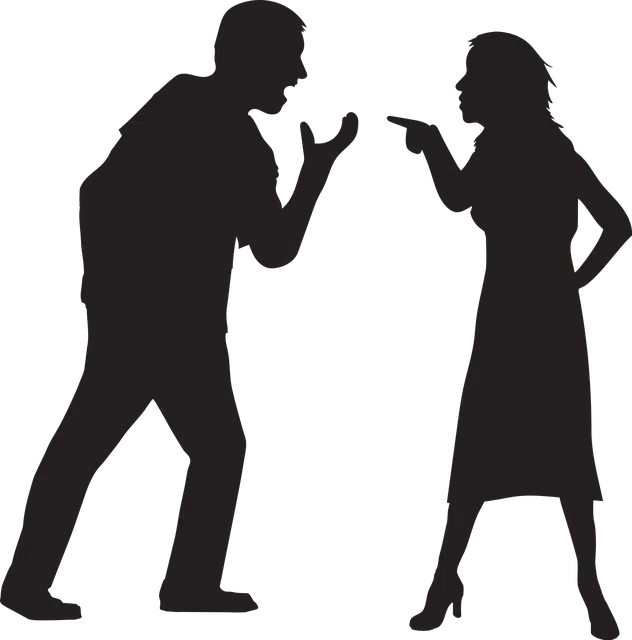
A warning is a warning: “If you lie to me again, I'll leave; Take it as a warning.
Warning is the action and effect of warning (drawing attention to something, advising, preventing). When someone tries to give a warning to another person, they intend to warn them about something in particular.
For example: “It's not a threat, it's a warning: if you hurt my daughter, you'll deal with me” , “Luckily I knew how to listen to my friends' warning and I didn't accept their proposal” , “If you want to work on this company for many years, it is in your best interest to heed my warnings.”
The warning as a public sign
The warning is also the poster or brief writing in which the public is warned of something . It is a signal that warns of the imminent or real existence of a threat , risk or danger . Warnings also indicate to their recipient that a certain action of theirs may be risky or punishable.
Many traffic signs can be considered warnings. If the sign indicates that the maximum speed allowed is 80 kilometers per hour, the sign is warning that anyone who exceeds said speed will be fined. In a similar sense, the opposite sign warns that it is not possible to move in a certain direction; If you do so, the driver will incur an infraction.

A sign, poster or sign can function as a warning.
The term on the Internet and in other areas
When browsing the Internet , users encounter different warnings that indicate risky web pages, files infected with viruses or content not suitable for minors.
Records, movies and magazines, among other works, display warnings about the type of content ( suitable for all audiences , prohibited for those under 18 years of age , etc.).
Miranda Warning
The Miranda Warning or Miranda Rights is the notice that every American defendant must receive who is brought to testify regarding the commission of a crime of which he or she is considered a suspect. This is to remind you that you have the constitutional right not to say a word and to require the assistance of a lawyer during interrogation.
The data that the police can request from a detainee are their name, address and date of birth. Any confession you make during detention has no validity in a trial unless you were aware of your rights before making it and have ensured that you understand the Miranda Warning.
The origin of this concept dates back to 1963, when a man named Ernesto Arturo Miranda was arrested for kidnapping and rape. The story goes that Miranda confessed to his crime without having received any type of warning about the rights guaranteed to him by his Constitution, and that the prosecutor used only this confession to obtain his conviction.
Three years later, the Supreme Court overturned the ruling, based on the theory that Miranda's statement had been the result of intimidation during interrogation. Therefore, the criminal was subjected to a second trial, for which the prosecution had to gather evidence of legal validity, and have witnesses present to support the accusation. Ultimately, Miranda was sentenced to 11 years in prison.
Some time later, the rapist was stabbed to death in the middle of a violent confrontation; His murderer received the relevant reading of his Miranda Rights, which he relied on not to offer a statement without the presence of a lawyer.
The ruling issued by the Supreme Court indicates that every individual in custody must be warned about their right to remain silent and, very importantly, to know that any statement they make during their detention can be used against them come trial time. Likewise, they must inform you that if you do not have the financial means to hire a lawyer, the State has the obligation to bear the necessary expenses for your defense.
